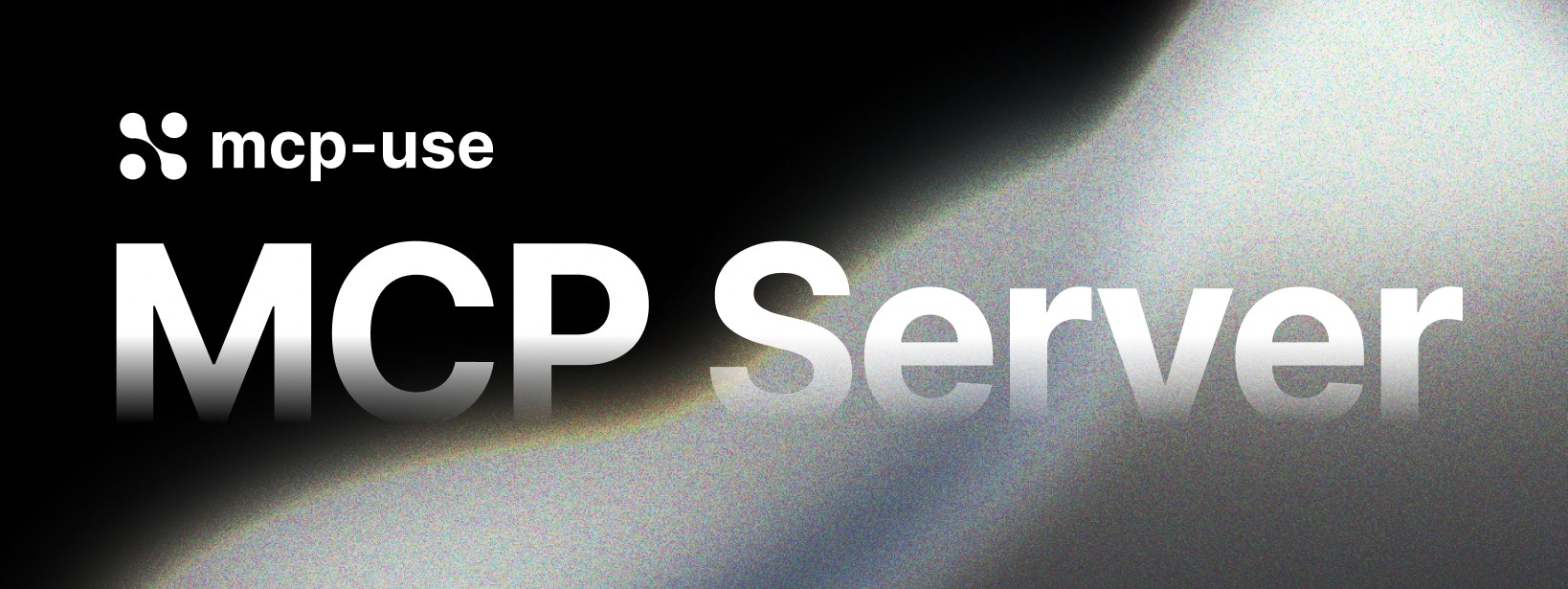Python Server is a work in progress.
The mcp-use server framework is currently a work in progress. Here we present some of the design decisions
and features that we are including. This is currently being worked at and is not released.
If you are interested in the latest updates, join our discord and let us know what you think.

The mcp-use server framework extends the official MCP Python SDK with enhanced features for building production-ready MCP servers. It provides built-in documentation endpoints, inspector UI, improved logging, and seamless integration with the mcp-use ecosystem.
Why mcp-use Server Framework?
At mcp-use we spent a lot of time building MCP servers. The development experience was subpar in many respects.
Since this was starting to slow us down a lot, we decided to expand in the server direction as well.We have many cool ideas and features that we want to add to the server framework.
If you have any ideas, please let us know on Discord. 💜

Official SDK Compatibility
Fully compatible with the official MCP Python SDK. Extends existing functionality without breaking changes, ensuring seamless migration.

Inspector UI
Built-in web interface for real-time server monitoring, tool exploration, and debugging. Accessible at /inspector endpoint.

openmcp.json
Automatic generation of openmcp.json endpoint for server discovery and metadata. Provides standardized server information for MCP clients and tools.

MCP-Specific Logging
Enhanced logging system designed specifically for MCP servers with structured output, request tracing, and performance metrics.
Compatibility
Official MCP SDK
mcp-use server framework is fully compatible with the official MCP Python SDK. It extends the SDK rather than replacing it, ensuring:- All official MCP features work as expected
- Existing MCP servers can be easily migrated
- Full compliance with MCP protocol specifications
fastmcp2
mcp-use complements fastmcp2 by providing:- Different Focus: fastmcp2 focuses on rapid prototyping, mcp-use focuses on production features
- Enhanced Observability: Better logging, metrics, and debugging tools
- Ecosystem Integration: Native compatibility with mcp-use clients and agents
- Documentation: Built-in API documentation and inspector UI
Quick Start
Build your first MCP server in minutes with this step-by-step guide:1
Install mcp-use
2
Create your server file
Create a new file called
my_server.py:3
Add your first tool
Define a tool using the
@server.tool() decorator:4
Add more tools (optional)
Add additional tools to extend functionality:
5
Run the server
Add the run command at the bottom of your file:Then run it:
6
Access your server
Your server is now running at
http://localhost:8000:- MCP endpoints:
/mcp - OpenMCP metadata:
/openmcp.json(debug mode only) - Documentation:
/docs(debug mode only) - Inspector UI:
/inspector(debug mode only)
Complete Example
Here’s the full code in one place:Transport Options
Choose the right transport for your use case:Debug Mode
Enable debug mode for development features:/openmcp.jsonendpoint for server discovery/docsendpoint with interactive documentation- Enhanced logging with detailed request information
Next Steps
- Installation & Setup - Detailed installation instructions
- Running Your Server - Production deployment options
- Inspector UI - Monitor and debug your server



